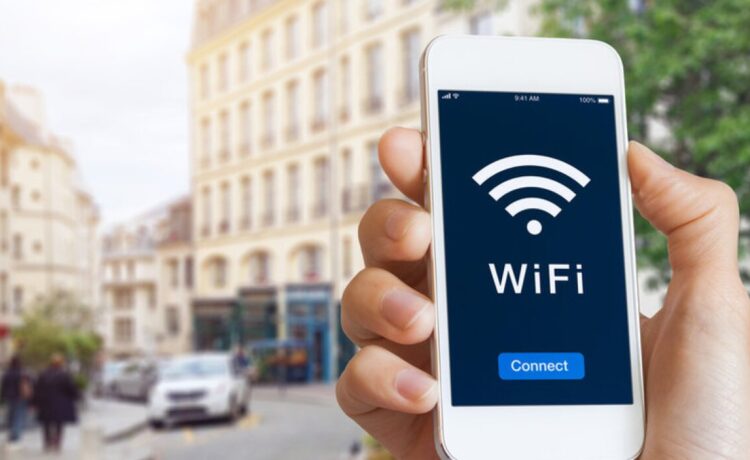The Federal Communications Commission is considering ways to continue funding a temporary pandemic-era measure to support Wi-Fi hot spots and off-premises wireless access for low-income students.
The Emergency Connectivity Fund (ECF), established during the height of the COVID-19 pandemic in 2021, has provided more than $1 billion to help students access the Internet when the school day is over. As most schools across the country returned to in-person instruction by 2023, the FCC assigned a June 30, 2024, sunset date to that pot of money, according to an FCC proposal in November.
In a Feb. 21 email, FCC spokesman Will Wiquest noted that three of the five FCC commissioners voted in November to endorse continued Wi-Fi hot spot funding under an existing E-rate program, which covers discounted broadband service for schools and libraries. The agency is still accepting public comments on the proposal, he added, and no final decision or implementation date has been scheduled yet.
On Jan. 16, Funds for Learning, a company that consults E-rate beneficiaries, submitted comments and an analysis to the FCC in support of continued Wi-Fi funding, calling the proposal “a critical step forward in enhancing connectivity for education.” It estimated that the annual demand for this initiative, which would support more than 1.6 million devices, is about $198 million.
“Opting to expand the established E-rate program instead of creating a new administrative framework offers a pragmatic and efficient solution to meet the growing need for hot spots,” the Funds for Learning analysis said.
The FCC’s 53-page proposal in November noted that under ECF, 6,800 schools, libraries, and consortia of both purchased Wi-Fi technology and services that served more than 1.1 million students, staff and library patrons who otherwise lacked Internet access needed for remote learning. It recognized the Boston Public Library as well as Oakland Unified School District in California for keeping students in their communities connected during the pandemic.
Oakland Unified School District spokesman John Sasaki wrote in a Feb. 22 email that scaling back the connectivity students rely on after school would be “reintroducing the digital divide.”
D’Andre Weaver, chief digital equity officer for the nonprofit Digital Promise, wrote in an email to Government Technology that the ECF has played a critical role in ensuring digital access for underserved communities.
“The potential to offer similar services under the E-rate program presents an opportunity to sustain and expand these essential support services, ultimately seeking to eliminate the digital access gap in the United States,” he wrote.
The FCC, according to the November proposal, is seeking public comment on setting standards for the quality of Wi-Fi hot spot services funded by federal money, whether phones are considered acceptable devices, and if there are concerns about fraud, waste and abuse regarding funding for devices from households that already have high-speed Internet service.
In the FCC’s 3-2 vote, Chairwoman Jessica Rosenworcel called the E-rate program a quiet powerhouse that has helped millions of students and library patrons. The ECF, she added, demonstrates what modern schools and libraries can do to help communities stay connected and learn without limits.
“I believe we can make it a baseline that every library and school library have these hot spots for loan — and we can use E-rate to do it,” she said in official comments on the November proposal.
Commissioner Brendan Carr dissented, saying the FCC lacks authority to increase E-rate funding for additional purposes. He cited current challenges to the FCC’s Universal Services Fund, which is replenished by phone service fees on voice calls.
“We cannot continue to spend other peoples’ money in this way without a real conversation at this agency about reform,” he said in the Nov. 8 notice.
Commissioner Nathan Simington, who also dissented, called the proposal lawless and wasteful. He cited a recent debate where federal officials challenged the idea of setting up Wi-Fi hot spots on school buses.
“Today, we are asked to believe that when Congress says schools, classrooms, and libraries, it actually means private homes, offices, amusement parks, and, really, anywhere and everywhere a mobile hot spot could be used,” Simington said in the Nov. 8 notice. “I am disappointed by this rapidly metastasizing disregard for the law. It is not clear at this point that there is any location where the commission would decline to fund connectivity on the premise that someone, sometime, might decide to study there.”














